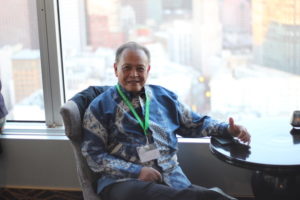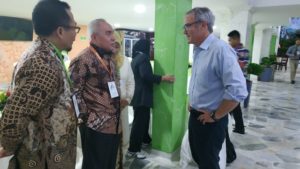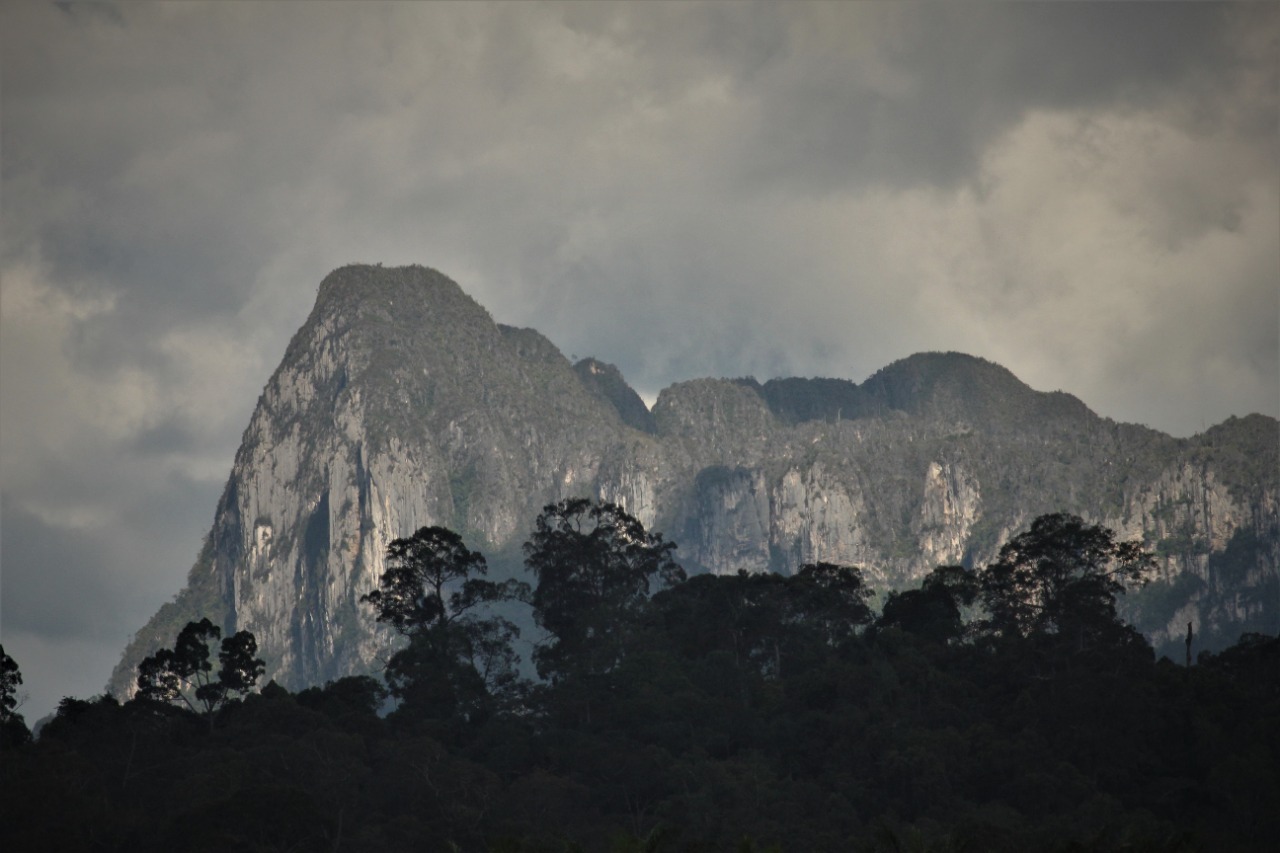KARST Sangkulirang Mangkalihat, East Kalimantan
New data presented by the World Resources Institute’s Global Forest Watch (WRI) shows that “the planet lost an area of tree cover larger than the United Kingdom in 2020, including over 4.2 million hectares of primary tropical forests.” This represents an increase in tropical deforestation of more than 12% compared to 2019. While many factors played a role in the increase, the Covid-19 pandemic may have contributed despite the overall decline in economic activity.
As governments across the tropics have shifted their attention to the health crisis, resources dedicated to environmental enforcement have declined. Pressure to restore economic growth as these governments emerge from the pandemic may lead to further increases in deforestation.
However, and somewhat surprisingly, Indonesia, Malaysia, and Papua New Guinea all saw reduction in the loss of primary tropical forests. WRI highlighted how a GCF Task Force member, the province of East Kalimantan is successfully reduced deforestation due to “a combination of government initiatives and private sector initiatives” for transitioning towards more sustainable land uses. As Prof. Daddy Ruhiyat, GCF Task Force East Kalimantan Delegate, noted:
“The sharp decline in deforestation in East Kalimantan Province in 2020 is the result of various factors, including institutional capacity, involvement of various elements of society that have been built for a long time, as well as strong leadership and commitment from Governmental Leaders.”

Prof. Daddy Ruhiyat
East Kalimantan recently concluded an agreement with the World Bank for up to $110 million for REDD+ projects. Dr. Isran Noor, MSi, Governor of East Kalimantan, explains how this came to be:
“Since 2012, the Provincial Government, in collaboration with the Ministry of Environment and Forestry, has been actively addressing deforestation and forest degradation by targeting the main causes of weak governance through policy reforms, collaboration with plantation and forestry companies, and strengthening local/customary communities. … We appreciate WRI’s data on the decrease of deforestation level … We believe that signing an ERPA with the Carbon Fund/World Bank will help the government speed up our primary goal realizing a Green Kaltim based on environmentally friendly green development”.

Dr. Isran Noor, Governor of East Kalimantan at the GCF Annual Meeting in Caqueta
These sorts of jurisdictional approaches to low emission development have been the foundation of efforts across the GCF to protect forests, reduce emissions, and enhance livelihoods.

